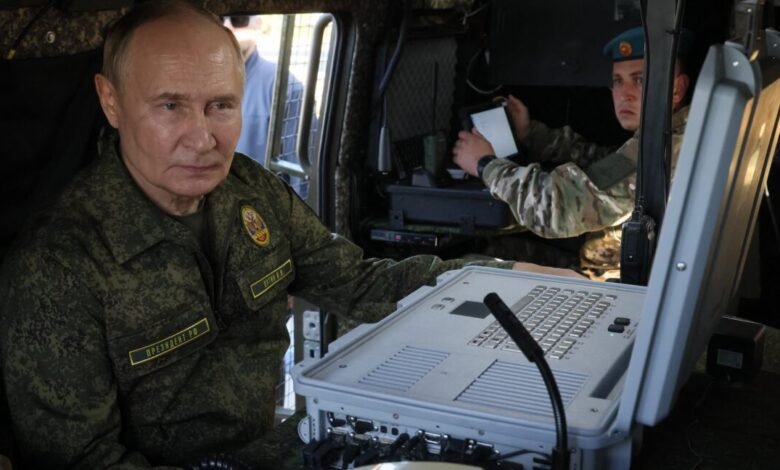Russia Tracks NATO Satellites from Equatorial Orbit

▼ Summary
– Germany’s defense minister revealed Russian spacecraft are tracking German military satellites and called for considering “offensive capabilities” in space.
– Pistorius stated Russia and China can jam, blind, manipulate, or destroy satellites and have rapidly expanded their space warfare capacity.
– He emphasized that satellite networks are critical infrastructure whose disruption could paralyze countries, making space a future conflict domain.
– Germany plans to invest 35 billion euros through 2030 in space security including satellites, cybersecurity, and tracking systems.
– This represents a policy shift from Germany’s historical reliance on allies for space capabilities and opposition to anti-satellite weapons.
Germany’s defense minister, Boris Pistorius, has called for a strategic shift toward developing offensive capabilities in space, citing evidence that Russian spacecraft are actively tracking two German military communications satellites from equatorial orbit. Speaking at the German industry’s Space Congress in Berlin, Pistorius emphasized the urgent need for his country to bolster its space security investments in response to rapidly expanding threats from Russia and China. He warned that these nations possess the ability to jam, blind, manipulate, or even physically destroy satellites, stressing that in the orbital domain, there are no borders—making Russia and China Germany’s “direct neighbors.”
Pistorius described space as the ultimate military high ground, noting that Russia and China already hold key strategic positions there. He framed satellite networks as the Achilles’ heel of modern societies, capable of paralyzing entire nations if attacked. Future conflicts, he argued, will extend beyond Earth into orbit, demanding new levels of preparedness and resilience.
In response, Germany is preparing to take on greater responsibility for defense and deterrence in space. A planned investment of 35 billion euros through 2030 will target several priority areas, including satellite constellations, ground stations, and secure launch capabilities. Enhanced cybersecurity, along with advanced radars and telescopes for tracking orbital traffic, also forms part of the new strategy. This marks a notable departure from Germany’s traditional stance against anti-satellite weapons, signaling a readiness to openly discuss offensive options.
Historically, Germany has depended heavily on the United States and European allies for critical space-based services such as missile warning, intelligence collection, and launch operations. The German military has instead concentrated on developing its own radar surveillance satellites, sharing data with partners under existing agreements. As recently as 2022, analysts like Christian Mölling, former research director at the German Council on Foreign Relations, observed that German policymakers appeared satisfied with this division of labor. Now, with Pistorius’s declaration, that era of contentment seems to be ending.
(Source: Ars Technica)





